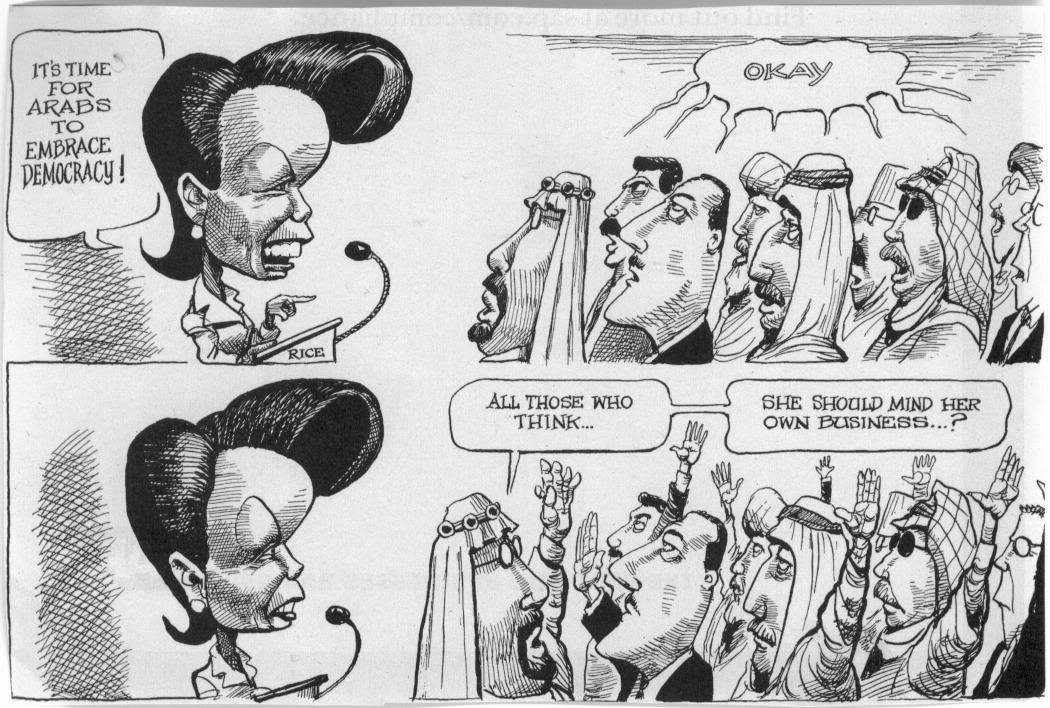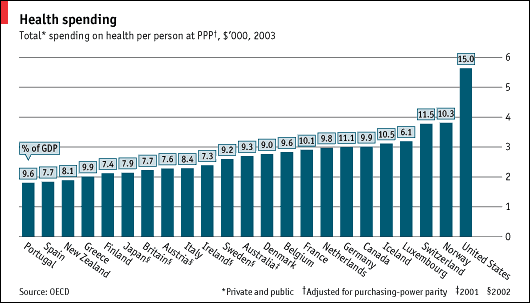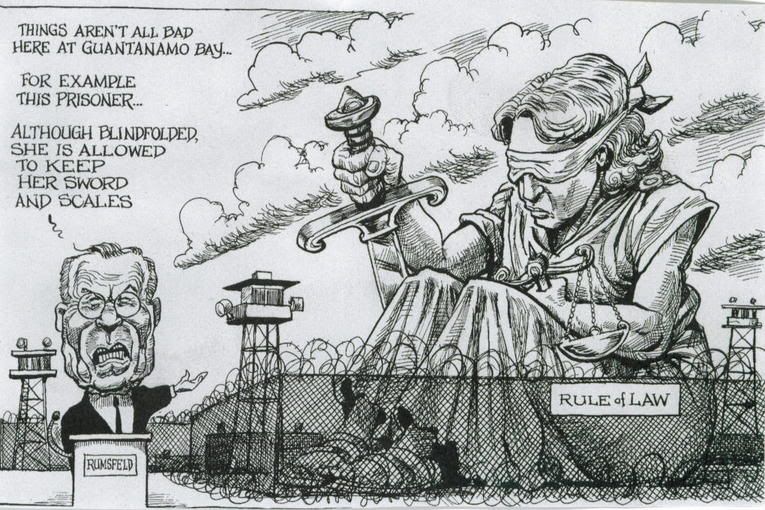Identity Theft, Credit Cards, and You: Part II
or
12 Ways to Help Preserve Your Identity

Ok, enough frightening scenarios/considerations as addressed in yesterday's post and then again in another NY Times article last night, Black Market in Stolen Credit Card Data Thrives on internet, let's get down to the nitty-gritty: what can you do to protect yourself? There are actually quite a few things you can do, some of which are very simple and don't cost much at all, or you can spend up to $100 a year (or more, depending on what you get yourself talked into) to stay on top of your identity and financial information. Let's start with the big one, the thing you should do AS SOON AS YOU FINISH READING bullet #1 below:
1. At a minimum at least once a year have a FREE credit report done on you from the three credit bureaus (this is otherwise referred to as a 3-in1 report, which is a single report which aggregates the individual reports from the 3 main credit bureaus.) Yes, you read this correctly, FREE, and you'd be nuts not to get your FREE report. From Experian we learn:
The Fair and Accurate Credit Transactions Act (FACT Act) was signed into law in December 2003. The FACT Act, a revision of the Fair Credit Reporting Act, allows consumers to get one free comprehensive disclosure of all of the information in their credit file from each of the three national credit reporting companies once every 12 months through a Central Source.
When you're eligible for a FREE copy of your credit report is determined by what area of the country you live in. Everyone living anywhere but in the Eastern states are eligible NOW. People living in the Western states could get a free report as of December 1, 2004; those living
in the Midwest states were eligible as of March 1, 2005; those in the Southern states as of June 1, 2005; and those in the Eastern states and all U.S. territories are eligible as of September 1, 2005 (if you want a finer break down of the states go to Annual Credit Report.) By this September EVERYONE in the U.S. is entitled to a FREE credit report. Those of you not living in the Eastern states should get your request for a report in NOW. To get that report go once again to the Annual Credit Report site ( to get some additional information on this you can go to The FTC's website on Credit). Once you've done that make sure you then set your calendar so you can get your FREE report every year around the same time.
It's important to understand why this is something you should have. The 3-in-1 report allows you to see all of your extant financial accounts as the credit bureaus have them (which, of course, may not agree with what your records or memory have them) and, most importantly, it allows you to see if any financial activity is going on out there in your name that you're not aware of at all. The 3-in-1 culls financial information from all three of the main credit bureaus that collect financial information on you (they're identified below). So if a loan was obtained, credit card payments made (they'll show if you've been on time or not with your credit card payments), you've purchased a house or car, or you've engaged in any significant financial transaction, you'll see it in this report. The report is also used to determine if you get future loans by helping those making loans determine your credit worthiness. So if there's anything in this report that makes no sense to you, i.e. you don't think you took out that $300K loan, you need to contact the credit bureau concerned to correct the error and then follow up with a new report to be sure things are fixed. In addition, if you find an error you should contact the FTC and the police (see the FTC sites below for more information on this.)
The first time I pulled a 3-in-1 on myself I wound up canceling store cards and other miscellaneous credit cards that I forgot I had. I also learned about loans that were cleared that one bureau maintained were active but the others didn't. Indeed, that first credit bureau report took me two months of letters and phone calls to fix the errors that I found which were either inaccuracies or items I no longer wanted to have hanging over my head (best example of this being credit card accounts I no longer used); fortunately I didn't find anything that indicated that someone was out there trying to be me.
Some would argue that one report per year is not sufficient to adequately track your personal information. I'm inclined towards this thinking myself, so if you feel the same way you want to contact one of the three credit bureaus and have them do a credit report for you which includes all three bureaus at about the six month point from when you get your FREE report (this will cost you about $30, which is well-sepnt money.) The obvious question is why all three, aren't they all tracking the same thing? Of course it's not that simple, and no they're not and even when they track the same things they're not always tracking them the same way. From personal experience you may be clear on 1 or 2 of the reports but have a problem on the third. So the only way to be reasonably sure you have the most comprehensive picture of what's going on with your personal financial information is to get a 3-in-1 report, such as the FREE report you're entitled to every year. Here are the three credit bureau web sites and 800 numbers:
I. TransUnion, 1-800-680-7289
II. Equifax, 1-800-525-6285
III. Experian, 1-800-397-3742
ALL three will sell you a 3-in-1 report. They'll also sell you a lot more, not the least of which being something like TransUnion's ID-fraud watch. TransUnion's service seems to be cheaper than most, with the general idea being that for a fee (in this case $10.95/quarter) they'll keep an eye out for any suspicious financial activity occurring in your name. With this comes $25K insurance to cover any losses suffered in the event of your identity being stolen. I'm not in a position to qualify this service, frankly I think it's more of a money making opportunity for the credit bureaus than it is a legitimate protection for the consumer. But again, I'm not sure. The fact is that this sort of crime is increasing in frequency and if it hits you you can expect to be out a lot more than $44 in a year when it comes to fixing the problem.
My problem with these insurance packages is that it's asking us to pay for something that I believe the financial institutions themselves should be paying for. The main reason it's so easy for someone to use your personal information to co-opt your identity is because the financial institutions themselves MAKE it easy. For them easy credit translates into very lucrative fees, so they want to keep the rules loose for you, or someone acting like you, in order to increase the number of people getting credit. Yes, this increases the chances for fraud or bankruptcy (though your representatives in congress recently made it harder for you to file for bankruptcy with the result being that it's not as easy for you to declare bankruptcy as before, so you're not able to get out of crushing debt, often times due to legitimate emergencies, as easy as it once was, which made bankers very happy --- they now get to hook you on easy credit and then block any efforts for your recovery), but the possible losses from that are less than what they make on pushing credit onto a society that is ADDICTED to credit (ok, I'm being a bit moralistic here, but it's true, sorry.) While there have been proposals to enact legislation to tighten the rules for institutions being able to grant credit and loans, the financial interests have been very resistant to this. So the burden of protecting your name and financial identity falls disproportionably onto you. Now whether $44/year or whatever is paid is worth it or not I can't say, but I would at a minimum recommend you get at least TWO reports a year, your FREE one AND one you pay for separately.
2. Be very careful about giving out your social security number. Unfortunately it's asked for in far too many places where it's not necessary. Your SSN, full name, and address are all that's needed for someone to become you. Many places ask for your SSN and the following questions are perfectly valid for you to ask when you encounter this (you can be denied services if you don't provide your SSN, but whether you really want those services from this particular provider may well be determined by how they respond to the following questions):
• Why do you need my SSN?
• How will my SSN be used?
• How do you protect my SSN from being stolen?
• What will happen if I don’t give you my SSN?
3. Buy a shredder (preferably a crosscut shredder) and shred all documents that contain any information about you that will leave your home. Then DO NOT DUMP WHAT YOU SHRED BY ITSELF. In other words, ALWAYS mix what you're shredding with your house garbage. I shred straight into a waste basket lined with a plastic bag and about every two weeks I dump the contents of that bag into the house trash as I'm taking it out the door;I not only want to make it hard to reconstruct my documents, but nasty, too.
4. Do not have identifying information printed on your checks. Banks will print your name, address, and social security number on your checks if you ask them to ---- don't put anything on your checks besides your name.
5. Minimize the number of credit cards you use. I appreciate that this is possibly easier to say than do, but it limits the possible opportunity to take advantage of you. I have two cards, one I use all the time and is watched over by the same group who caught the Australians mentioned yesterday, and another card which stays at home in a box only to be used in the event I happen to lose the first card. The main card is a travel card with which I rack up points for airline tickets, so consolidating everything into one card makes sense in terms of maximizing points.
6. Reduce the amount of garbage sent to you via the mail, some of which happens to contain information about you that you likely would prefer not to have floating around out there. You can do this by getting in touch with the Direct Marketing Agency (DMA) - note: if you sign up with them online you have to pay a $5 fee. I recommend that you mail in your request to be taken off mailing lists. My personal experience with this is that I have seen significantly less information coming to the house. I haven't gotten a credit card offer in years, and what "junk" mail I do see tends to be from places that I've done business with in the past (that by itself becomes a problem, but at least I'm not getting the stuff which results from my name and address being sold via mailing lists.) However you cut it this reduces the amount of information out there about you and that's good. While you're at it, if you haven't done it already, sign up for the Federal Trade Commission's Do Not Call registry (I will attest that this does seem to work as since signing on for this we don't get nearly the number of unsolicited calls we once did.) Keep in mind that both of these services expire after a set period of time (usually about five years) so you need to be mindful of renewing the blocks you set in place.
7. Something I just found out at Comptroller of the Currency: If you prefer not to receive pre-approved offers of credit, you can opt out of such offers by calling (888) 5 OPT OUT.
8. Don't carry your SSN card with you, and do what you can to remove anything from your wallet/purse that has your SSN on it.
9. Put a password on your accounts. When I call my credit union I can do nothing with my account information until I provide them a verbal password, the same goes for when I go into the credit union and do business in person. Most banks and financial institutions will do this and it's worth having if for no other reason than that it's an extra block to someone trying to be you.
10. An excellent reminder from Hedwig the Owl regarding those who are seeking employment and have posted their resume on job sites. If you do this you might want to be sure to opt for your being contacted before someone is allowed access to your resume, a document which helps paint a very comprehensive picture of you and what you've done in your life and it also gives an ID thief that much more to go with to make them you. In addition it provides information to scammers who may try to take advantage of you --- "Hello, I'm Dr. Jones from the NIH and we're interested in funding the sort of research you do on blow flies, but we need to confirm some information we have for you in our database. Could you confirm you social security number for us ....".
11. Protect your computer. You can't be sure what your computer has in it that says something about you, but it's a fair bet that there's enough there that quite a lot about you could be reconstructed. It's important that you have a good firewall on your computer (and that includes if you're using just a dialup modem --- they're attacked, too) and anti-viral software to prevent your computer from infections such as a virus or a worm which could harvest information from your computer, such as what you're typing at any given time (called keylogger programs), which is then transmitted out of your computer to someone interested in your information (it's worth keeping in mind that the recent harvesting of credit card information reported in MasterCard Says 40 Million Files Put at Risk was accomplished using a virus or a worm). For those who want a basic firewall I strongly recommend a free one put out by Zone Alarm; it's effective and free for personal use only. A free and very good anti-viral software is from Avast, though you can go to the Freebyte's Guide to Free Anti-virus software to find something that may be more to your liking.
Another thing to do to keep personal information regarding what you're up to on the web hard to find is to clear the temporary files out of your browser (this assumes you're using IE). Anytime I leave a financial site, i.e. one where I provide a password or account information, I go to Tools in my browser tool bar, click on Internet Options, and then I hit "Delete Files". A box comes up asking me if I want to delete all offline content as well and I always select this. Then I hit ok and depending on how much online surfing I've done before hand it takes anywhere from ten or so seconds to 30 or more seconds to clear out the files contained here. Don't hit the button for clearing cookies unless you want to get rid of all of your GOOD cookies, like the ones that let you immediately access your morning paper.
There's much more you can do here, but I would say that this is the minimum you really need to be doing to protect your computer and any information that may be on it. As a rule I'd also recommend not storing any information on your hard drive which would give away your SSN or any other identifying information, but as I mentioned above it's not always possible to know exactly what you have stored on your computer.
12. Here are some online publications which can provide you additional information: Take Charge: Fighting Back Against Identity Theft; Identity Thieves Can Ruin Your Good Name; and
How to Avoid Becoming a Victim of Identity Theft.
Now here's my parting piece of wisdom: You can do ALL the right things and still find yourself running into a problem because your personal information was leaked or stolen from someone or some place that had it. That said the one thing you can do, and frankly these days must do, is be very watchful of your financial information and this is where the 3-in1 reports are crucial. If you aren't watchful, if you're not paying attention, the chances of your falling victim to someone trying to use your identity for their gain goes up considerably. Yes, it sucks and on some level it's not fair --- and, really, if ever there was a metaphor for life in general here it is. That said, be vigilant, be forewarned, and good luck.
P.S. Oh, sorry, but did I happen to mention the FREE credit report that you can get once a year? Oh, I guess I did ...
Addendum: Hedwig comes through with another suggestion. She's right, I didn't explicitly address this and it does bear focusing on. In her own words:
One thing that James did not mention (probably because it is so obvious); you should always check your credit card bills, line by line, against your receipts to be sure that you are always charged the correct amount for your purchases, and to ensure that no one else is making any purchases with your card. Discrepancies MUST be addressed immediately (okay, within a week of receiving your bill, at the latest). I also learned that you must be aware of the precise date that your credit card bill is delivered to your mail box each month (I am) and, if you must, write this date on your personal planner or calendar to remind you. Sometimes thieves will change your mailing address for your credit card bills and thereby steal your credit card account that way.
CONSTANT VIGILANCE
I would actually go one better and the reason for this is highlighted in Black Market in Stolen Credit Card Data Thrives on internet where we learn that those who steal credit cards assume that they have thirty days from the point at which your last statement goes out before you're going to notice that your card is being used. If your credit card company is legitimately tracking your card they SHOULD pick up on any unusual activity, but to be on the safe side you should look at your credit card statement online as often as possible. I'm anal, I look at it everyday and even then it'll take 48 to 96 hours, on average, for something to post that I used the card for, so you're not likely to catch someone using your card immediately but you won't have thirty days worth of damage done. Keep in mind that with a credit card you can only be socked for $50 if your card information is stolen and misused; in my case my credit card company didn't even hit me for that. If you lose a debit card or its digital information (such as my credit card's digital information being scanned into a portable scanner as discussed yesterday) you could be out your entire account.





















